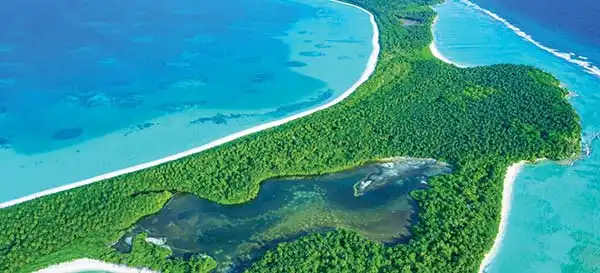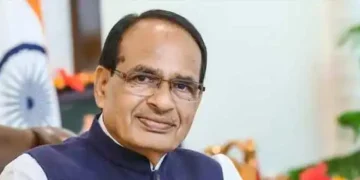MJ Akbar
MY friend’s Haryana is many worlds away from Lutyens’ Delhi; the difference is anthropological, not geographic. Delhi’s power-centric citizens are never wrong. If voters differ from their proclamations, voters have made a mistake. Candour is not their natural characteristic; entitlement is. At which point my friend veered away to explain why Haryana is sui generis. There is no rural Haryana, he said, since everyone has a refrigerator.
Farm labour comes to work on a motorcycle. The truly distinctive fact of Haryana, he said in a very matter-offact manner, is the unique quality of its corruption. There is no comparison to venality in Government elsewhere, he said and repeated. He likes being repetitive. It is a measure of conviction, not ego.
How? Very simple. If a file reaches a Government desk without the necessary envelope nearby the official does not read the file. He scrawls two words on the margin: “Not allowed”. If the file returns, this time accompanied by a happy lubricant, once again he does not read the file. He merely adds a single letter to the two words. ‘E’ is supplemented to ‘Not’. ‘Not Allowed’ is transformed into ‘Note Allowed’. This story should be a prominent chapter in any good book on governance in India.
The sunset hour
Good news from the shards of the British Empire. Young people: you remember the British Empire, I hope. It dressed itself in pink on the world map. Its fulcrum was India, but bits and chunks swerved across Afro-Asia, and the Pacific, Atlantic and Indian Oceans. According to its publicists, the sun never set on the British Empire, because there was always sunshine in some far-flung corner. There is news for Empire romanticists. According to the English magazine Spectator the sun has, at long last, set after Britain returned the Chagos Islands, home of the Anglo-American military base Diego Garcia, to Mauritius. My astronomy being weaker than my geography, I cannot vouch for this. One passes on information as read. Norway, for those in search of quiz knowledge, is the only nation with seasonal rights over permanent sunshine. There is no sunset in Svalbard between April 20 and August 22.
Assisted dying
Nothing but death could have brought believers in God together. Assisted dying is the legislative flavour of the moment in Britain. If it becomes legal, you will be able to sign your own death warrant if life becomes too painful, either physically or psychologically.
The best way to go, as my mentor in journalism, the late and beloved Khushwant Singh, used to say, was to die in your sleep. He did, at the age of 99. He wanted to live till 100 but no one argues with God. The merits are obvious. You have no knowledge of how you were born, and you should be as blissfully ignorant of how you depart. Most humans, alas, die in less pleasant circumstances, so there is an argument to be made for assisted dying, although there can never be unanimity. Given the nuances, let us turn to France rather than stare at Britain.
François Mitterrand ruled France like a bourgeois prince between 1981 and 1995, when it was still possible to do so. In 1996, told that he did not have much longer to live, he ordered a last supper. It started with two dozen oysters, continued with capon in cream, and had a main course of tiny roasted songbirds eaten whole, including bones and feathers. A week later he was dead but happy, possibly curious about whether gastronomy was a sin or a virtue in heaven.
One does not know whether Mitterrand believed in heaven as much as he believed in France, but if he was Biblical he would have known of the Last Trumpet, whose flourish takes us to life after death with some lyrical language: “Behold, I tell you a mystery: We shall not all sleep, but we shall all be changed, in a moment, in a twinkling of an eye, at the last trumpet. For the trumpet will sound, and the dead will be raised incorruptible, and we shall be changed.”
There will be songbirds in heaven, of that one is sure. But not on the menu.































